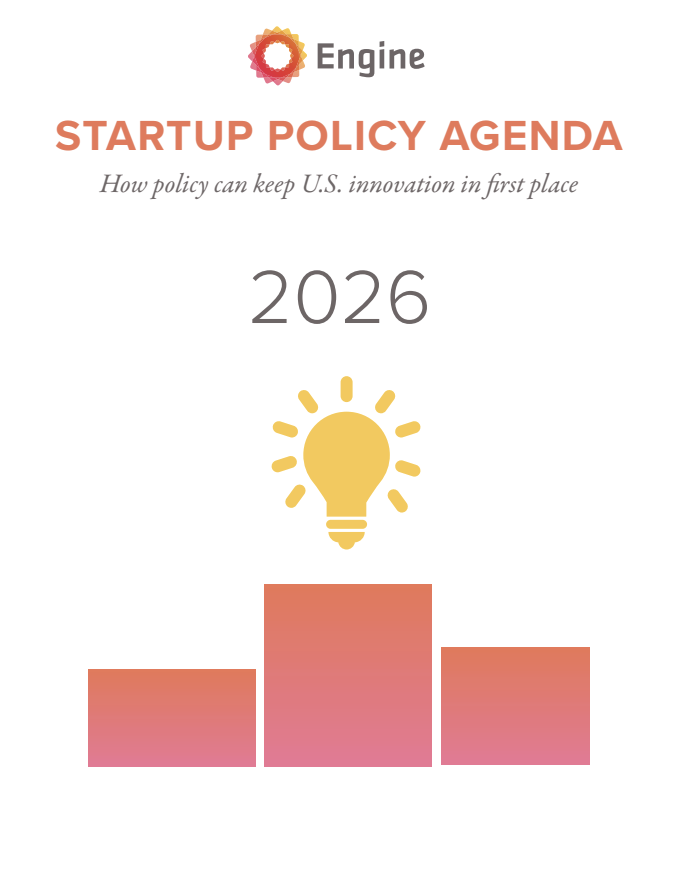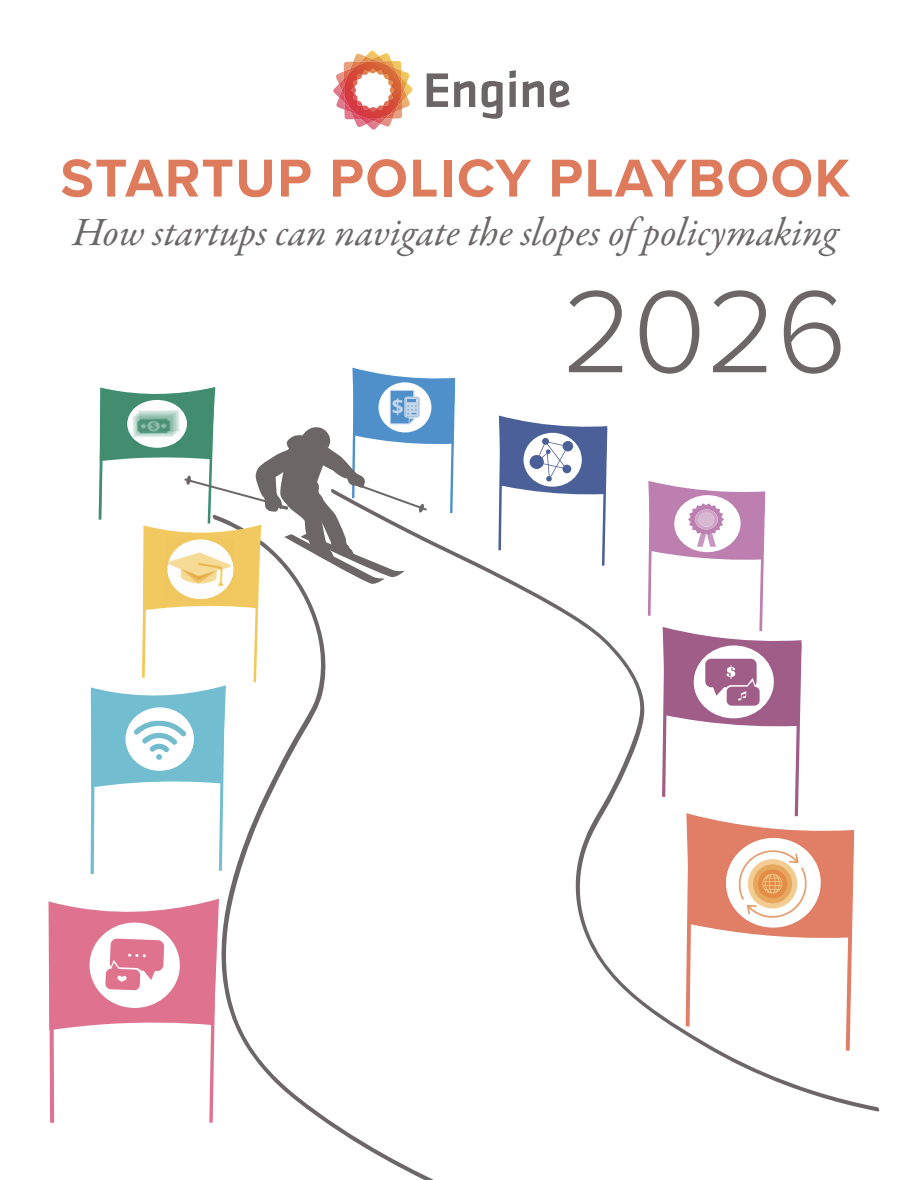Court risks setting precedent for staggering damages in AI copyright case
Startup News Digest 08/01/25
Startup News Digest 07/25/25
Startup News Digest 07/18/25
Startup News Digest 07/11/25
Startup News Digest 03/24/25
Startup News Digest 02/17/25
Startup News Digest 12/06/24
Startup News Digest 11/22/24
Startup News Digest 10/25/24
The push for a new federal law regulating digital replicas and what it means for startups
IP recap: Generative AI lawsuits and what they mean for startups
State Policy Update: What have states been up to regarding AI and how will it impact startups?
Startup News Digest 07/26/24
Startup News Digest 07/19/24
AI Essentials: How do neural networks work?
Startup News Digest 1/12/24
What’s in the AI executive order, and what does it mean for Startups?
Startup News Digest 04/28/23
The Big Story: Over 65 startups call for uniform federal privacy law. This week, startups are calling on Congress to pass a federal privacy law that takes the startup ecosystem into account. A coalition of startups and support organizations across 26 states sent a letter to Congress urging lawmakers to pass a law that creates uniformity, promotes clarity, limits bad faith litigation, accounts for the resources of startups, and recognizes the interconnectedness of the startup ecosystem. The letter comes as states continue to enact their own unique data privacy laws, and as a Congressional committee explored the problems posed by a sectoral federal privacy landscape in a hearing this week.
Startup News Digest 02/17/23
The Big Story: Section 230, privacy, encryption in crosshairs at kids safety hearing. The Senate Judiciary Committee held a hearing Tuesday on protecting children’s safety online, where lawmakers suggested changes to several issues important to startups, like Section 230, data privacy, and encryption. The wide-ranging proposals appear conceived with the largest tech companies in mind, but they would affect all Internet companies, especially startups. The hearing comes amid efforts from policymakers at all levels of government aimed at safeguarding young Internet users that could carry unintended negative consequences for startups without necessarily protecting children.











